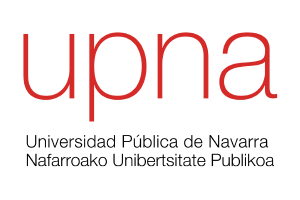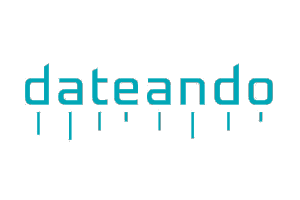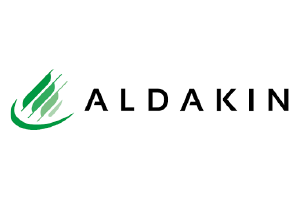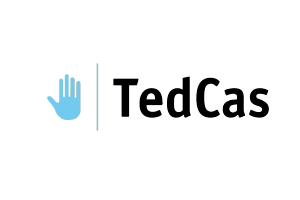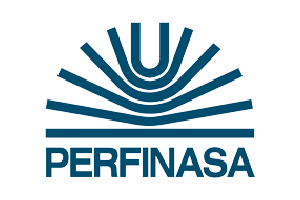EcoSwarm – Collective Intelligence for Energy Optimisation in Mobile Robotics.
General description of the project
In order to remain competitive, companies require more advanced automation systems, capable of ensuring the seamless integration of all components, the physical security of plants, and efficient information management. In this scenario, mobile swarm robotics presents itself as a particularly promising solution, integrating robotics, artificial intelligence, behavioural biology and systems engineering to achieve more adaptative, secure and coordinated operations.
Robot swarms are characterised by collective intelligence that allows them to autonomously decide on the most appropriate strategy for each task: operating individually in simple activities, such as transporting light loads, or coordinating as a group to tackle complex missions, such as moving heavy loads that require the simultaneous collaboration of several units.
To carry out this cooperation, the robots integrate advanced perception technologies that allow them to accurately interpret their environment and detect moving obstacles, such as people or other machines. At the same time, they employ robust communication algorithms that ensure efficient coordination of the swarm even in unforeseen situations, maintaining the autonomy of the system without requiring human intervention.
This is the context in which EcoSwarm has emerged, an ambitious project that seeks to transform the way robots collaborate in industrial environments. Its development covers the entire cycle, from conceptual design and simulation to the construction of functional prototypes, with the aim of exploring new coordination strategies and promoting sustainability in collective robotics systems.
Objectives
The main objective of EcoSwarm is to develop a mobile swarm robotics system that optimises industrial processes through the intelligent coordination of multiples robots. The aim is to reduce operating costs, energy consumption and CO2 emissions, while increasing safety in the workplace.
To achieve this objective, the swarm robots will be equipped with real-time communication capabilities, the ability to adapt to unforeseen events and continuous learning, enabling them to operate in a variety of industrial environments. The project will focus on the development of intelligent algorithms to optimise planning, navigation and task allocation, minimising unnecessary travel and energy consumption. The system will incorporate communication and coordination protocols that enable collaborative work, automatically assigning tasks according to operational needs. In addition, a comprehensive virtual environment will be developed to simulate and train the behaviour of the swarm before its deployment in real environments, where it will be validated through tests involving the transport of different types of loads.
In line with these advances, EcoSwarm’s technical development is geared towards creating a fully autonomous, efficient and cyber-secure system capable of operating without human supervision and adapting instantly to changes in the environment.
Contribution of Nair Center
Nair Center contributes to the development of EcoSwarm by leading the research and development of intelligent algorithms for optimising the planning, navigation and task allocation of the robotic swarm. Its contribution focuses on reducing energy consumption through advanced algorithmic optimisation techniques and on designing a comprehensive virtual environment that allows the behaviour of robots to be simulated and validated before their deployment in real industrial environments.
Within this framework, Nair Center’s main technical contribution is the development of an advanced simulation environment that allows real-time calculation and optimisation of the routes taken by the swarm robots. The system integrates pathfinding algorithms and dynamic recalculation techniques that facilitate the selection of efficient trajectories while minimising energy consumption. In addition, it enables the simulation of complex industrial scenarios, with multiple robots operating simultaneously, the presence of static and dynamic obstacles, and the transport of loads with different characteristics.
Among the main advantages of the system is the ability to evaluate different navigation algorithms in a controlled environment before their physical implementation, optimise energy consumption through predictive route calculations, and validate movement strategies in complex industrial scenarios.
Partners
Financing

The project is part of the 2024-2027 Strategic R&D Projects and is aligned with the digital innovation objectives in strategic sectors.
More projects

